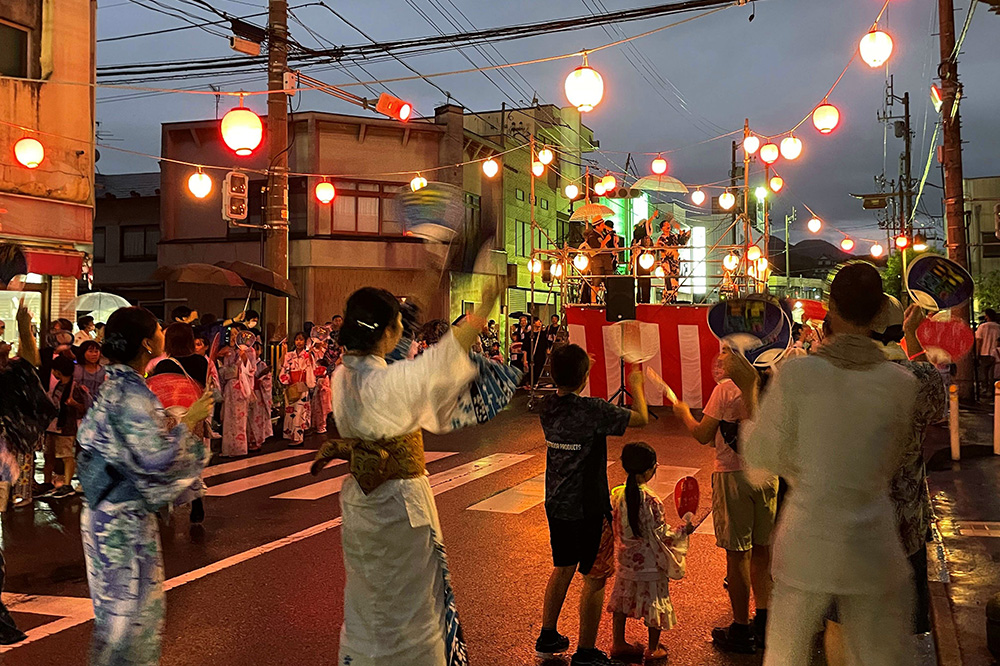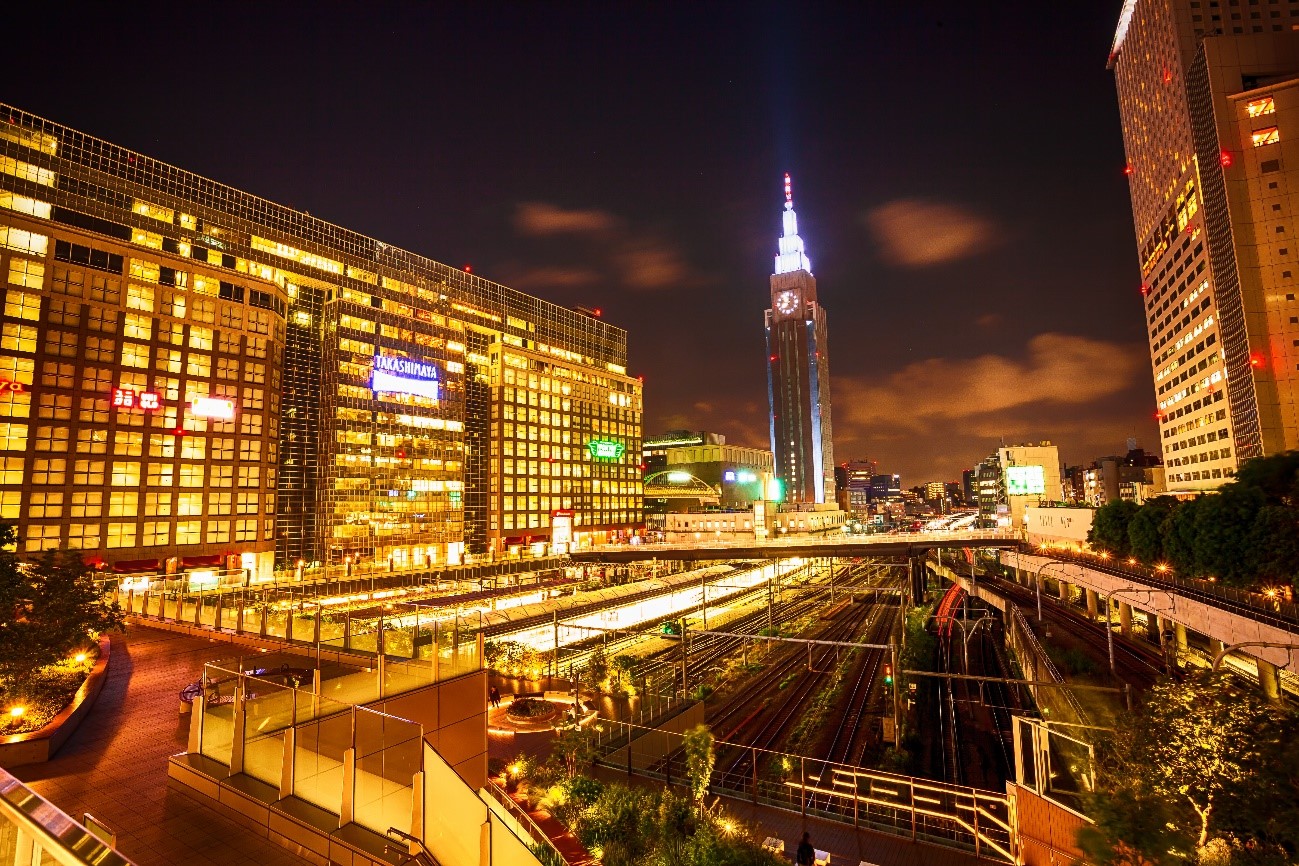Tokyo After Dark: A City That Never Sleeps
Tokyo is often called a “sleepless city” — and for good reason. Late at night, people are still out having fun, taxis are constantly moving, and the streets shine with neon lights. What drives this energy isn’t just tourism or entertainment, but a deep-rooted culture of gathering, connecting, and letting go — a kind of "human nature culture" shaped by the city’s rhythm.

Nightlife as a Way to Let Go
This need for nightlife comes from the pressure many people feel in their daily lives. Whether they’re office workers, students, or business owners, people in Japan often face a lot of stress. Nightlife offers a place to relax and reset — not just through drinking or partying, but by having real human connection. At its core, it’s a way to ease the mind and feel less alone in a fast-paced world.

Midnight Diners: Comfort in the Quiet Hours
Another big part of Tokyo’s nightlife is food. If you’ve seen the show Midnight Diner, you’ll know what that looks like — a tiny place tucked into a Shinjuku alley, open from midnight to morning, with a chef who cooks whatever he can from what’s on hand. People come after long days at work, looking for a warm meal, a drink, and maybe a quiet chat.

These late-night diners, especially izakayas, often stay open until the first trains start running at 4:30 a.m. For many, they’re more than restaurants — they’re safe places to rest and reset before another day begins.

Not far from these cozy eateries, in the heart of Kabukicho, you’ll find a club that’s been around for over 30 years — ORIGIN. Opened in 1993, it’s a small but well-known spot where people come not for loud music or flashy lights, but for warm conversation and a calm, familiar vibe. The staff and regulars describe it as “timeless,” and many guests say it feels like stepping into a Tokyo that still remembers. ORIGIN also welcomes international visitors, with English-speaking staff who help create a relaxed, easygoing atmosphere for everyone.
Inside Tokyo’s High-End Clubs and Hostess Bars
Another side of nightlife is found in bars and hostess clubs, often grouped under the term fuzoku. These places follow strict rules — hostesses can pour drinks and chat, but anything beyond that is illegal and leads to serious consequences.

So what actually happens in these places? Mostly, people come to drink, talk, and unwind. At some top-tier clubs in areas like Ginza, guests — often wealthy company executives or politicians — might spend over a million yen in just a couple of hours. The setting is quiet and classy. There’s no karaoke, and the focus is on conversation. Hostesses take turns talking with the guests, listening carefully, and offering support through light, honest talk — all without crossing personal boundaries.
In these clubs, what people are really paying for is privacy, empathy, and trust. Hostesses are trained not just to entertain, but to create a safe space where guests can let their guard down without judgment.

And while Ginza is known for its upscale clubs, places like Kabukicho have their own special charm. ORIGIN, for example, isn’t flashy, but it offers something many people are quietly looking for: familiarity, kindness, and a sense of belonging. It’s the kind of place where customers return year after year — not just for the drinks, but for the people and the stories.
Why Conversation Matters
Why would someone spend so much money just to talk? Because for people in high-stress jobs, it’s not always easy to open up. They may not want to worry their families, and they can’t always talk freely with their employees. These clubs provide a middle space — not home, not work — where they can breathe.
Good hostesses know how to listen without judging, how to keep secrets, and how to offer comfort. They don’t offer advice; they just let people feel heard. That, more than anything else, is why this kind of nightlife still thrives in places like Ginza and Kabukicho.

A Life Philosophy from Matsushita
Konosuke Matsushita, the founder of Panasonic and one of Japan’s most respected business figures, once said life isn’t just black or white — it’s mostly grey. He believed that work and life should balance each other. He didn’t expect people to live only for their jobs. Instead, he encouraged enjoying life’s small pleasures — like a night out with good company — because that joy would make them better at work, too.
Matsushita himself loved nightlife. He enjoyed drinking and often visited bars and geisha houses, not just for entertainment but to relax and have conversations. One of his favorite quotes was from Zen Buddhism: “If you know you have enough, you’ll feel peace. Be thankful for that peace.” That mindset — appreciating what you have, and finding joy in everyday moments — lives on in the way many people still enjoy Tokyo’s nightlife today.
Related Articles
You may also like...
International Hostess Bar Since 1993
夢
ORIGIN
・ International Hostess Bar since 1993
・ Japanese Hospitality with International Service
・ Diverse and Charming Floor Ladies
・Located in Shinjuku, Tokyo
・Transparent Pricing
・Easy Online Reservations























